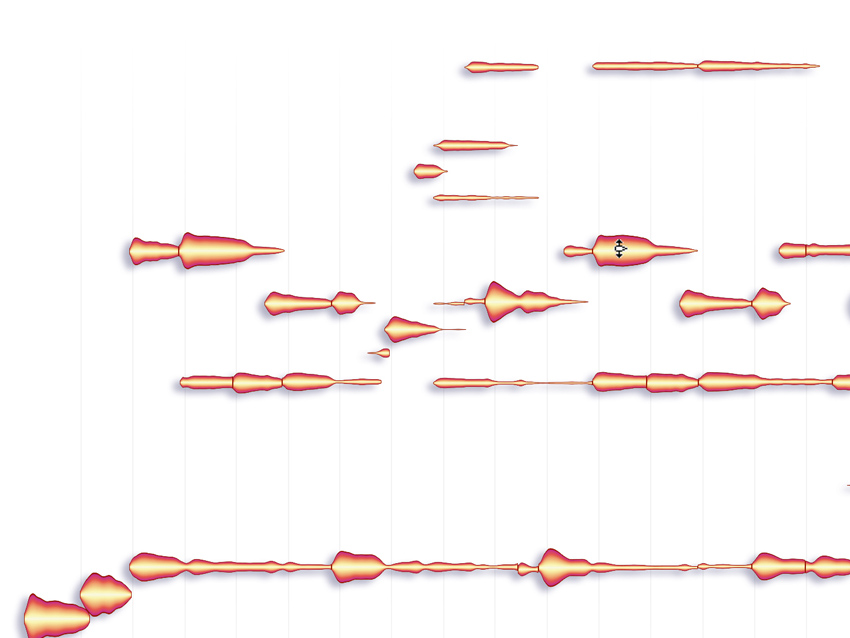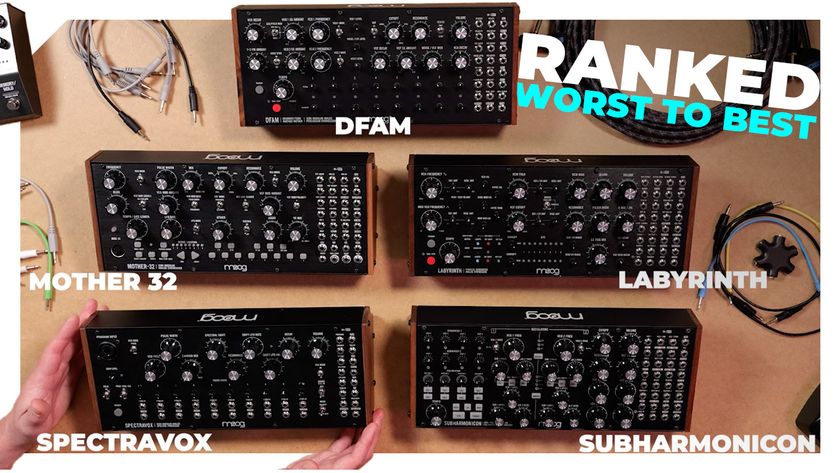BLOG: Why Melodyne's Direct Note Access could be bad for music
New technology could discourage creativity

Like so many others, it was with a mixture of fascination and amazement that I watched the promo video for Celemony Software's new Direct Note Access technology. If you haven't seen it yet, you really should check it out.
In theory, the implementation of Direct Note Access into Celemony's Melodyne Plugin 2 will enable users to take a polyphonic audio file, blow it apart and then edit the individual notes. It could be revolutionary.
But although Direct Note Access certainly seems to represent an amazing technological achievement, it's worth taking a moment to think about the implications of its release. Impressive it may be, but you could argue that it will be bad for music.
Too easy?
If guitarists and pianists (to give just a couple of examples) can record a take in the knowledge that any mistakes can be rectified with a click or two of a mouse, there's a chance that standards of musicianship will start to fall. Just as Antares Auto-Tune has made it possible to turn tone-deaf starlets into chart-topping singers, Direct Note Access could breed a generation of players who can't actually play.
And that's assuming that producers will bother to hire musicians at all. As well as being a corrective tool, Celemony's new technology will also enable you to adapt existing material to suit your needs. So, you could, for example, take a pre-recorded guitar riff that sounds similar to the one you want for your track, then tweak the pitch and timing of a few notes to come up with something 'new'.
Thinking on a broader scale, this could have copyright implications: if someone samples a riff and then substantially changed the way it sounds, does what's left belong to the original artist or the person who created the reworked version?
As I said at the top, I'm fascinated and amazed by what Celemony seems to have done with Direct Note Access, and I can't wait to try it for myself. But although it has the potential to inspire, it may also breed laziness, and could actively discourage musicians to create new material.
Get the MusicRadar Newsletter
Want all the hottest music and gear news, reviews, deals, features and more, direct to your inbox? Sign up here.

I’m the Deputy Editor of MusicRadar, having worked on the site since its launch in 2007. I previously spent eight years working on our sister magazine, Computer Music. I’ve been playing the piano, gigging in bands and failing to finish tracks at home for more than 30 years, 24 of which I’ve also spent writing about music and the ever-changing technology used to make it.










